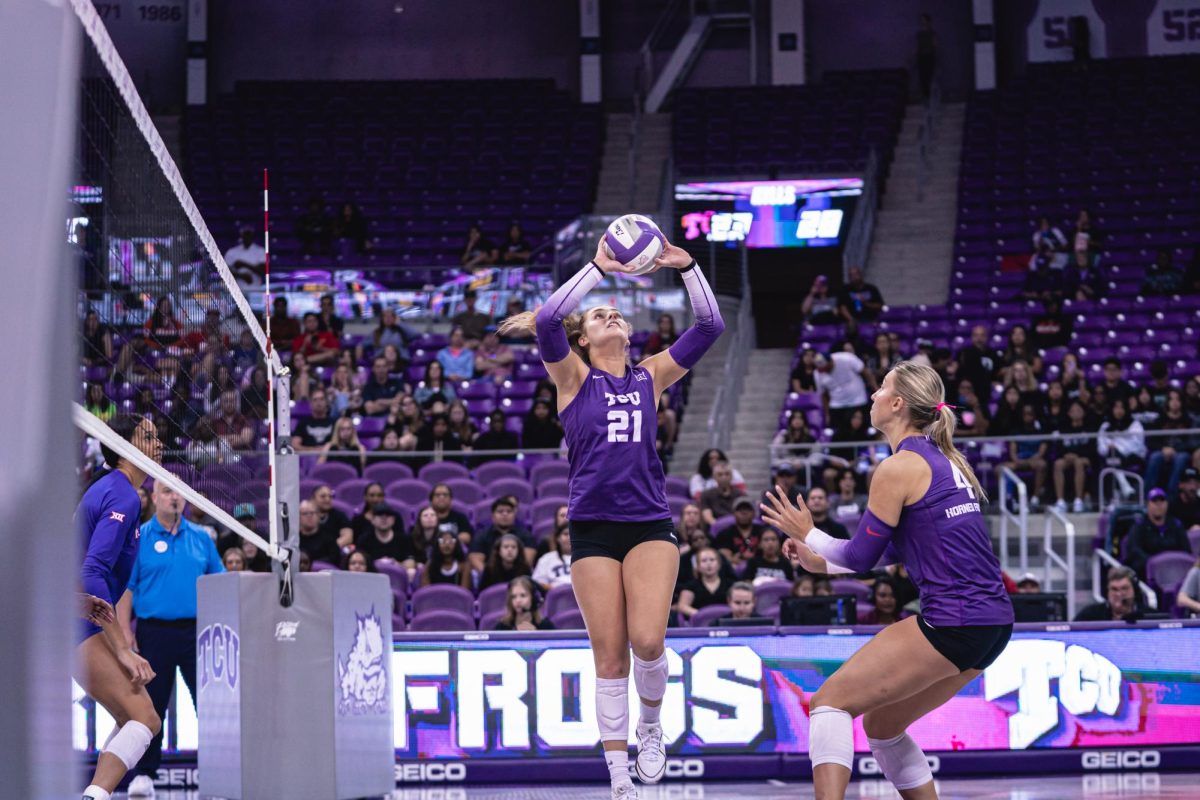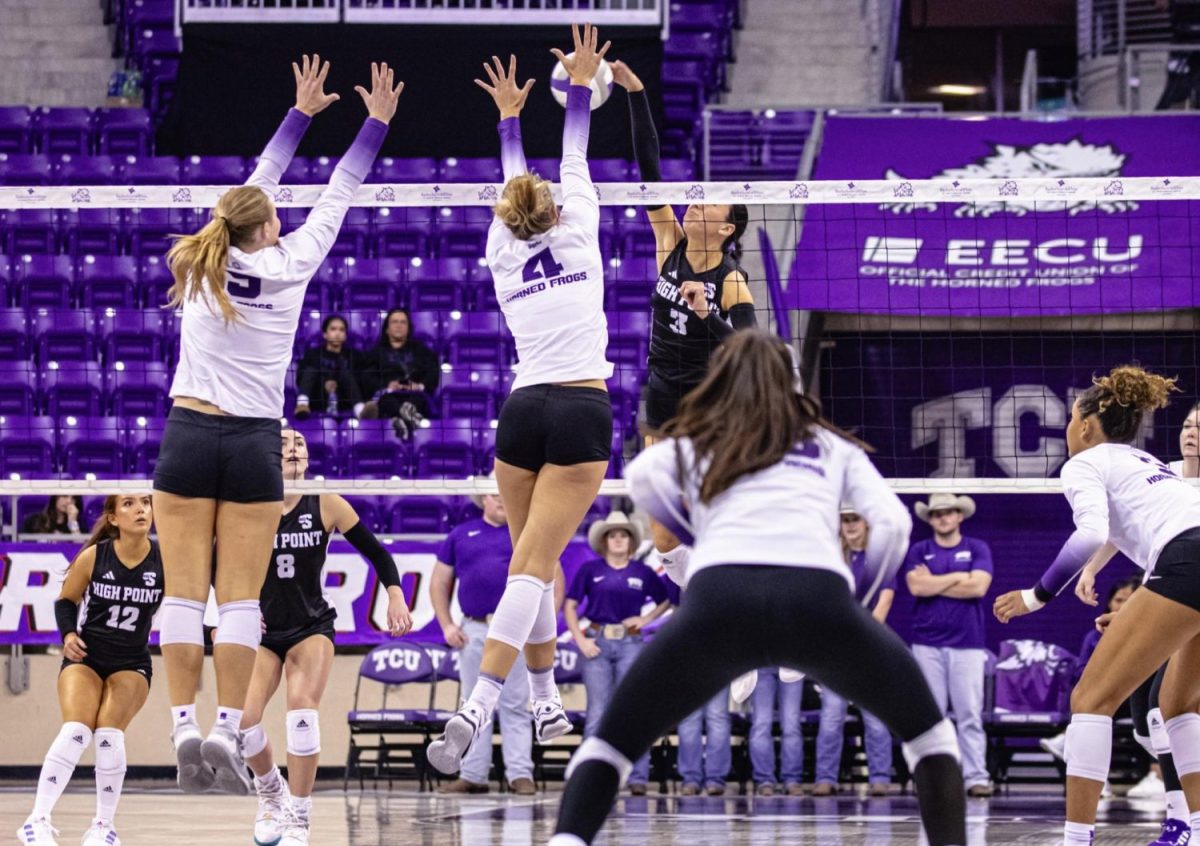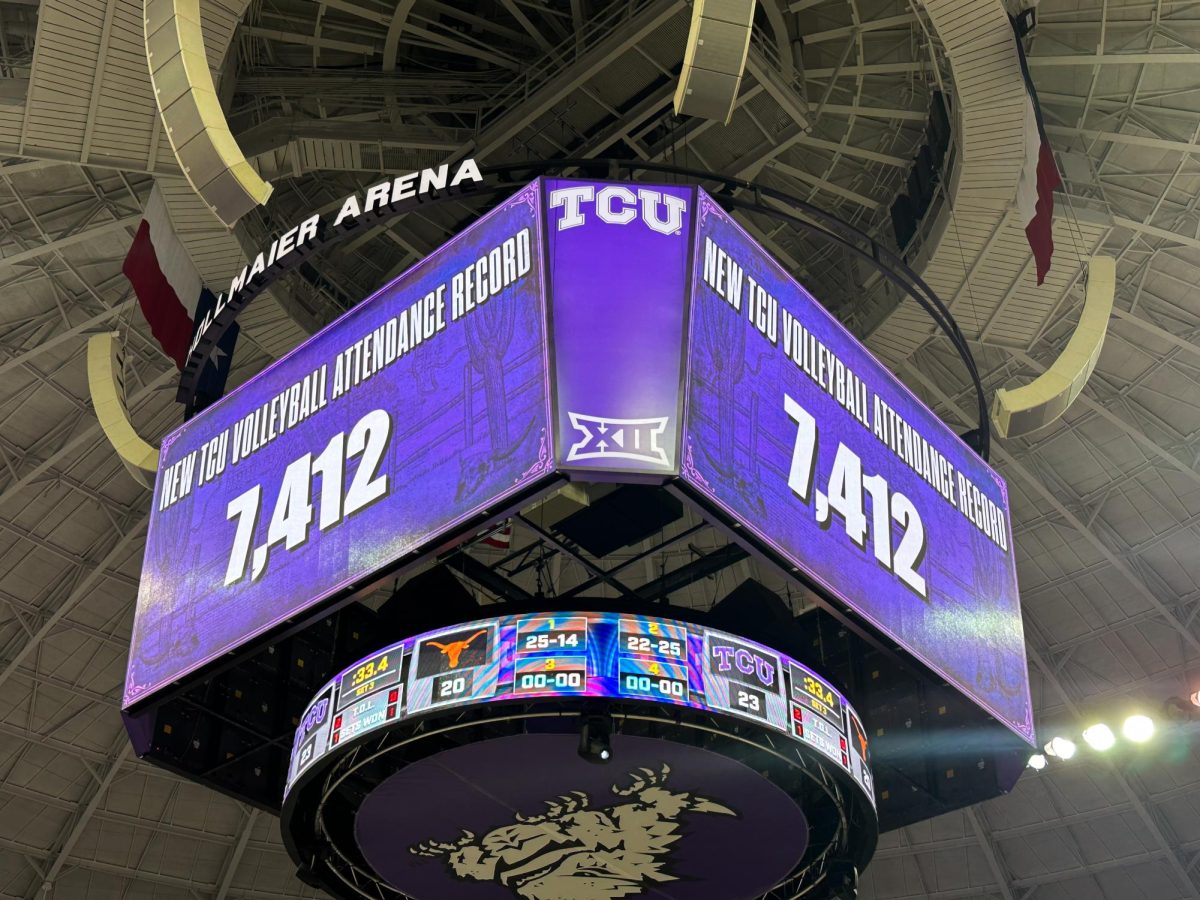Being choosy while packing a backpack could affect more than just your grade in class.
Backpacks can get extremely heavy when they are packed with books for every class of the day, junior mathematics major Eli Aggor said.
"I work in the library, that's why I carry [all my books]," she said. "I live off campus this year so it's easier to just carry them all with me."
First-year pre-business major Anthony Frunzi said he doesn't mind carrying a heavy backpack.
"I have classes in Moudy and some in the business area, so it's convenient to [have all my books]," he said. "My backpack gets heavy, but I'm used to it."
Although it may not bother some students, carrying heavy backpacks can have negative health effects. Constantly carrying a heavy bag can lead to issues such as scoliosis, said Dr. Brian Saul of Natural Health Chiropractic.
Saul said he sees a lot of college students who come in for strained backs from heavy backpacks. There are also many strain patients who are injured from studying and leaning forward all the time, he said.
One way to help prevent back strain is to pack backpacks in an efficient way, Saul said.
"Physics-wise it makes sense to put heavier items close to your body and the lighter objects away from your body," he said. "It would be no different than carrying a bowling ball or something with your arm outstretched."
Although Saul said students should use both straps while carrying their backpacks, they should change shoulders often if they prefer to use one strap.
"If you carry it on one shoulder, it can put strain on that one side of your body," he said. "If you have to carry it on one shoulder, you would want to switch it back and forth continually so it is not stuck on one side all the time."
Saul said he thinks the best way to avoid back problems is to purchase e-books or carry a “textbook-friendly” backpack with wide straps.





